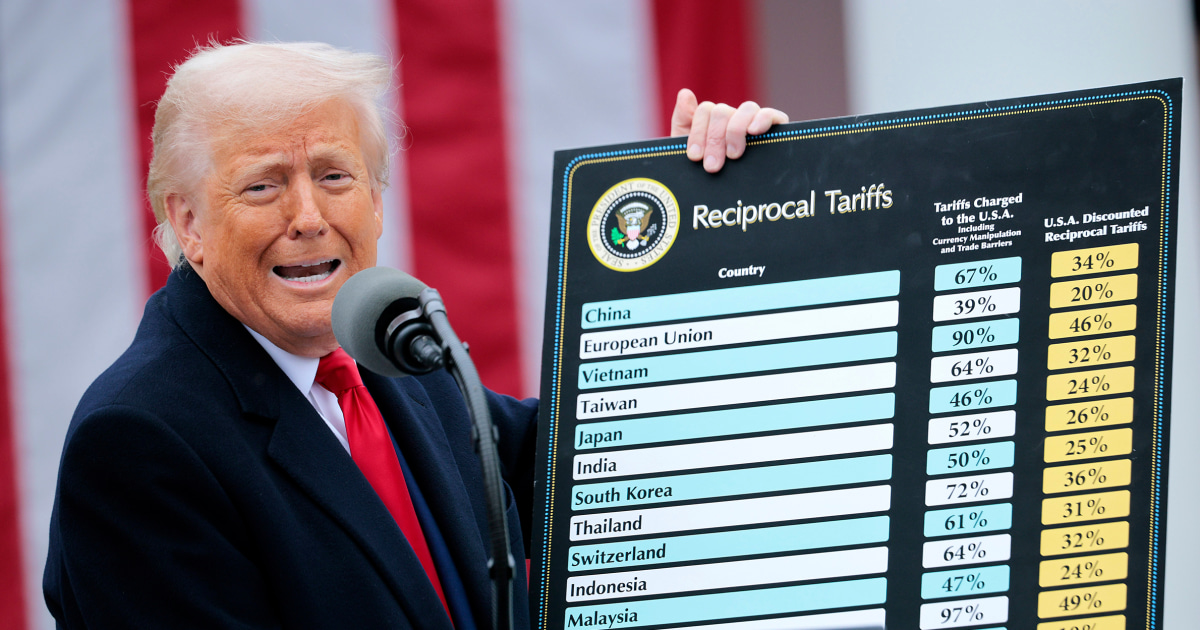Supreme Court Declines to Expedite Review of Trump Tariffs
The US Supreme Court has rejected requests to fast-track challenges against President Trump's tariffs, leaving them in place as appeals continue in lower courts.
Subscribe to unlock this story
We really don't like cutting you off, but you've reached your monthly limit. At just $5/month, subscriptions are how we keep this project going. Start your free 7-day trial today!
Get StartedHave an account? Sign in
Overview
- The US Supreme Court declined to expedite challenges to President Trump's tariffs, which remain in effect for the time being.
- Multiple district courts have ruled Trump's tariffs unjustified under the International Emergency Economic Powers Act.
- Learning Resources Inc., an educational toy company, sought a quick Supreme Court decision on the legality of the tariffs.
- The Supreme Court's decision means the legal challenges will continue in lower courts without immediate resolution.
- The Trump administration defends the tariffs citing national emergency powers related to trade deficits.
Report issue

Read both sides in 5 minutes each day
Analysis
Center-leaning sources frame the Supreme Court's rejection of expedited tariff challenges as a significant legal decision, emphasizing the implications for businesses and the authority of the presidency. They express concern over the impact of tariffs on the economy while highlighting the ongoing legal battles, reflecting skepticism towards executive overreach.
Articles (8)
Center (3)
FAQ
Multiple district courts have ruled that President Trump's tariffs are unjustified under the International Emergency Economic Powers Act (IEEPA), stating that the presidential authority under IEEPA does not permit the imposition of these tariffs as done.
By declining to expedite the review, the Supreme Court has allowed the tariffs to remain in effect while legal challenges continue in lower courts, delaying any immediate resolution or final decision on their legality.
The Trump administration defends the tariffs by citing national emergency powers under the International Emergency Economic Powers Act, claiming the tariffs are necessary to address trade deficits and protect national and economic security.
The legal challenges remain active in lower courts, including appeals in the U.S. Court of International Trade and the U.S. District Courts, with some courts having invalidated the tariffs while the government continues to appeal, keeping the tariffs in effect for now.
Plaintiffs include Learning Resources Inc., an educational toy company, and various states such as Oregon and California, who argue that the tariffs are illegal under IEEPA and have raised jurisdictional issues, seeking quick judicial review due to the tariffs’ economic impact.
History
- This story does not have any previous versions.






